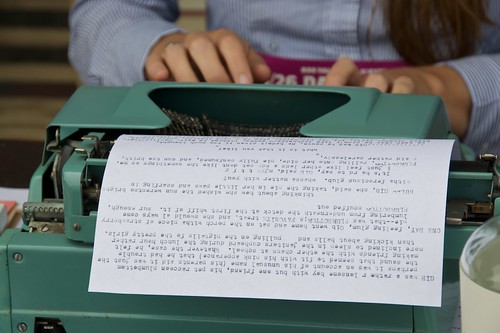 |
| Statue of Roman poet Ovid in Constanta. Image from WikiCommons. |
By Sal Buttaci
I have never felt comfortable
referring to myself as a poet. Instead, I tell folks I write poems. To me, the
designation “poet” is something I have always assigned to the master poets down
through Literature, those literary giants in whose works we still delight. Like most, I have quite a few poets whom I
consider favorites. I read their poems again and again and they never lose
their original appeal. The good feeling I get from reading about their lives
and their contributions to Literature never diminishes. In my own dry seasons
when I can’t seem to write a poem, those favorite poets of mine extend their
poems to me like oases to the thirsty.
I write poems. I study the craft of poetry writing. I taught
the craft of writing in middle schools, high schools, and colleges for many
years. On the average, I write close to a 1,000 poems a year. I’d write more,
but I also write fiction, so I try to balance the two as best I can. Still, to
my way of thinking, I am not a poet. I write poems.
If it were possible to count
the people in the world who write poetry, and may even profess to be poets, the
number might reach the total of our national debt. They are everywhere! Many
will confess, or even boast, they know nothing about poetry, but simply allow
their hearts to direct the pen or the fingers at the keyboard. I’ve heard some
brag that they never in their lives read more than the poems assigned in
school, let alone a how-to book on the poetry craft. The poems they write come
directly from their inner voices that insist on speaking out, mostly about love
and the absence of love. Some carry
business cards with “POET” under their names as if one day someone who holds
their card will find it necessary to phone them in a crisis and request a poem
be written the way one calls a plumber to repair a leaky faucet. Wanted: Poet.
Submit Resumé.
And the wage? Surely less than minimum, if at all!
I had a friend in Brooklyn
who wasn’t happy unless he threw Yiddish words and expressions into everything
he said. He got them from his grandmother, a Russian Jew who had immigrated to
America at the turn of the 20th Century. We were both in the fourth
grade at different schools. Nat went to P.S. 55 and I went to Most Holy Trinity
School, but we both lived in a predominantly Hasidic Jewish community
with only a smattering of the Irish and even fewer Italians.
Nat loved pulling pranks. I
tried to be the good angel on his shoulder, explaining why taking air out of
Mr. Finkle’s tires wasn’t very nice. Nat would wave his hand in the air and
say, “Finkle Shminkle! What do I care!” Or the time he walked backwards into
the Rainbow Theater at the same time the crowd was walking out, so he could
avoid paying the quarter admission and have money to buy popcorn and soda.
“Nat,” I said, horrified at
his deceit, “go back and pay the quarter. The Rainbow ain’t free!” Again, Nat
would wave his hand and say, “Rainbow Shmainbow, they got lots of quarters.
They don’t need mine!”
Who knows what became of my
old friend Nat. We moved away. I never even got the chance to tell my friends
since my father made the decision to move and the following day the Mayflower
van came and hauled our belongings to Flushing Avenue. I often imagine Nat
saying to himself or out loud to our circle of buddies, “Sal, Shmal, who needs
him!”
I know if I had just once
confided in him my new fascination with writing poems back then in 1950, he’d
laugh me off with “poet shmoet” and suggest we play stickball on Melrose Avenue
or walk to Johnson Ave. and check out the shop that sold used horror comics for
a nickel.
So in lieu of Nat, let me say
it instead. “Poet Shmoet!” Who needs a title to write poetry? Who needs
a label to feel validated? I am sure if
I were to ask my poetry heroes like Lorca and Vallejo, Cohen and Daly,
Shakespeare and Marlowe, Coleridge and Dante, Marinoni and Quasimodo, “How does
it feel to be a famous poet?” they would smile and say, “A poet? Hey, I just
write poems.”
#
 |
| Add caption |
His recent flash collection, 200
Shorts, published by All Things That Matter Press, is available at http://www.amazon.com/200-Shorts-ebook/dp/B004YWKI8O/ref=sr_1_2?s=books&ie=UTF8&qid=1369920397&sr=1-2&keywords=200+Shorts
England’s Chester University
added 200 Shorts to their Flash
Fiction Special Collection at Seaborne Library in 2011. http://www.chester.ac.uk/flash.magazine/bibliography%20%20
Buttaci lives with his wife
Sharon in West Virginia.
salvatorebuttaci@yahoo.com




